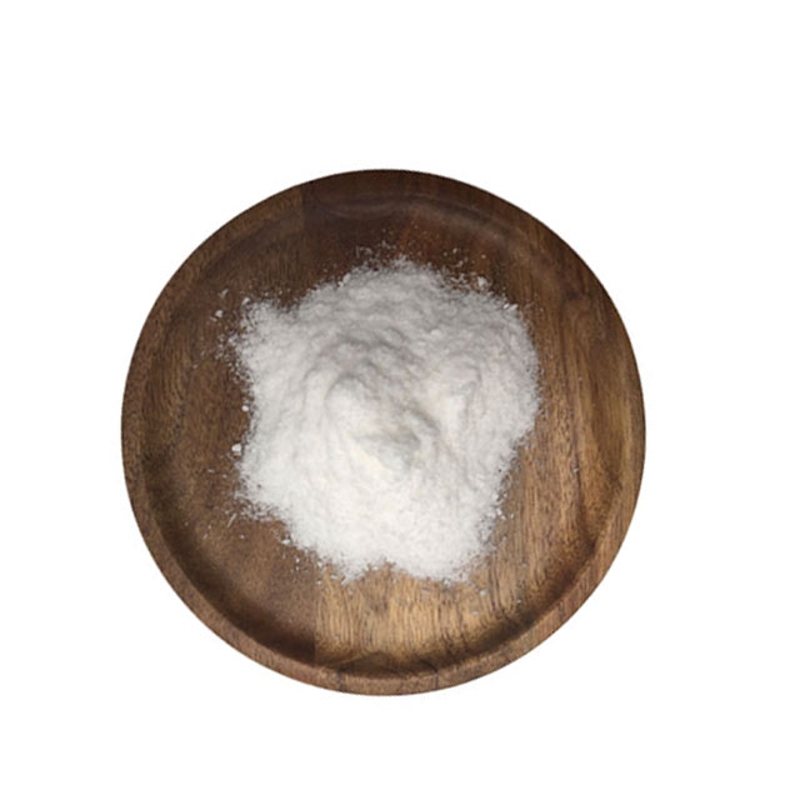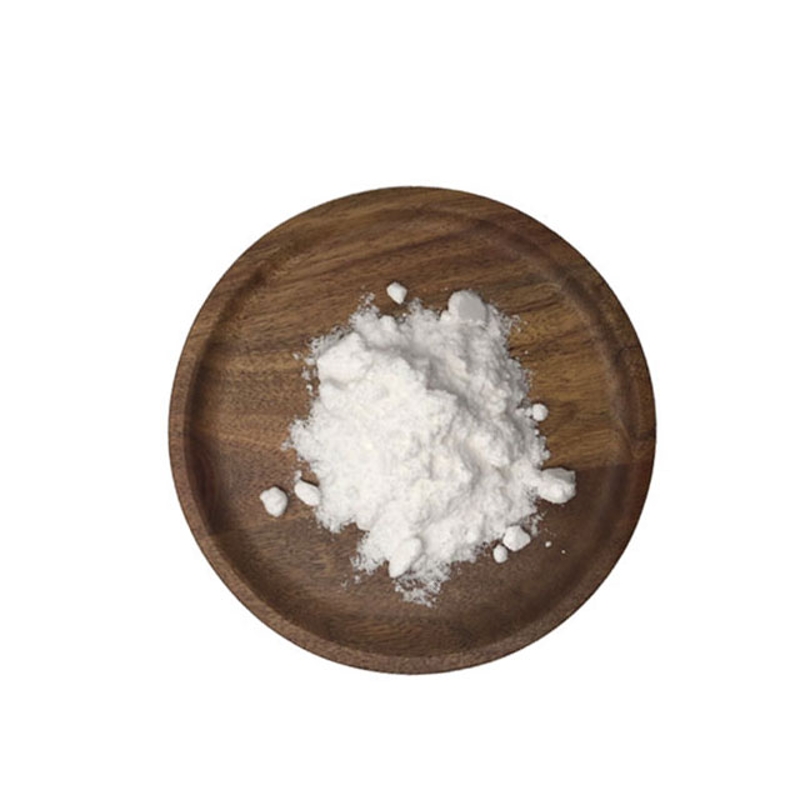-
Categories
-
Pharmaceutical Intermediates
-
Active Pharmaceutical Ingredients
-
Food Additives
- Industrial Coatings
- Agrochemicals
- Dyes and Pigments
- Surfactant
- Flavors and Fragrances
- Chemical Reagents
- Catalyst and Auxiliary
- Natural Products
- Inorganic Chemistry
-
Organic Chemistry
-
Biochemical Engineering
- Analytical Chemistry
- Cosmetic Ingredient
-
Pharmaceutical Intermediates
Promotion
ECHEMI Mall
Wholesale
Weekly Price
Exhibition
News
-
Trade Service
November 18, 2020 // -- In a recent study published in the international journal Journal of Medical Economics, researchers from PRECISIONheor and Pfizer said that research and development of new cancer drugs has saved more than 1.2 million lives over the past 16 years.
researchers say more than 1.2 million cancer patients in the United States were saved from death between 2000 and 2016, thanks to improved treatment options.
This study highlights how new drugs developed by researchers during this period for the 15 most common types of cancer, including colorectal cancer, lung cancer, breast cancer, etc., have helped reduce mortality by 24% per 100,000 Americans. The approval of these new treatments is linked to a significant reduction in cancer deaths, and in 2016 alone, researchers speculated that the new treatments were directly related to a decrease in deaths in 156,749 patients with 156,749 of the most common tumor types.
in 16 years, the number of cancer deaths has decreased by 1,291,769, while the number of deaths from the following types of cancer has also decreased significantly, including breast cancer (127,874) and colorectal cancer (46,705), lung cancer (375,256), prostate cancer (476,210), non-Hodgkin's lymphoma (48,836).
Photo Source: Joanna MacEwan, a researcher at CC0 Public Domain, says the findings may help to better understand whether increased spending on cancer drugs is worth further investment, and while we didn't answer that question directly, the results suggest that the results of successful investments, such as approval of new cancer treatments, can be significant for patients The benefits of each treatment can be evaluated based on clinical trial results, but this study provides some evidence that the increased survival rates of cancer patients measured in clinical trials are transforming the health effects of patients in the real world, and the researchers confirm previous findings that new drug treatments are associated with direct improvements in patient survival rates.
Although mortality rates have declined in many cancer patients, the number of presumed deaths from thyroid cancer has increased by 825 and the number of presumed deaths from bladder cancer has increased by 7,768, the researchers explained, perhaps due to the introduction of drugs approved during the study period, namely five thyroid cancer drugs and three bladder cancer drugs.
From 2000 to 2016, treatments for liver and uterine cancer were not approved, pancreatic and oral cancer treatments were rarely approved, and seven of the 10 approved drugs were approved after 2008, which is already in the second half of the scientists' study, so the researchers have not observed the full effect of their introduction in reducing mortality in cancer patients.
In addition, the researchers calculated the annual age-adjusted cancer mortality rate for the population based on 15 of the most common tumor types, and then linked changes in cancer mortality in the United States between 2000 and 2016 to the annual associated therapy stock and translated it into the number of people who were able to avoid cancer deaths each year during that period;
, the results of this paper highlight the enormous impact of prescription drugs.
, researcher MacEwan, said: 'In interpreting these results, we have to carefully assess whether there are other possible explanations for the observed reduction in mortality, which may be associated with new treatments over time.'
Thus, in order to control external factors such as smoking rates, age distribution of the population, and cancer screening practices, and to distinguish them from the effects of drug approval, the researchers controlled the incidence of tumor-specific cancers driven by trends in these potential population levels.
cancer screening could partly explain the decline in mortality in certain tumor types.
such as breast, cervical and colorectal cancer screening programs, the absorption rate was greater than 50 percent in 2015, all of which were associated with lower mortality rates.
researchers point out that the overall data found may underestimate the impact of new drugs approved between 2000 and 2016, since many drugs were approved later in the study period, meaning that most of the reduction in reduced mortality may have been achieved after the end of the study period.
Limitation cancers studied in this paper include that new treatment interventions are limited to interventions with cancer drugs and do not take into account non-drug innovations, such as robotic surgery, radiotherapy, or other advances that may affect cancer patient mortality.
researchers call for scientists to further assess the mysterious link between drug approval and cancer deaths after 2016 in future studies.
() References: Joanna P. MacEwan, Syvart Dennen, Rebecca Kee, et al. Changes in mortality associated with cancer drug approvals in the United States from 2000 to 2016,Journal of Medical Economics, 09 Nov 2020, doi:10.1080/13696998.2020.1834403【2】New cancer drugs saved over 1.2 million people in the US over 16 years, new study showsby Taylor & Francis







